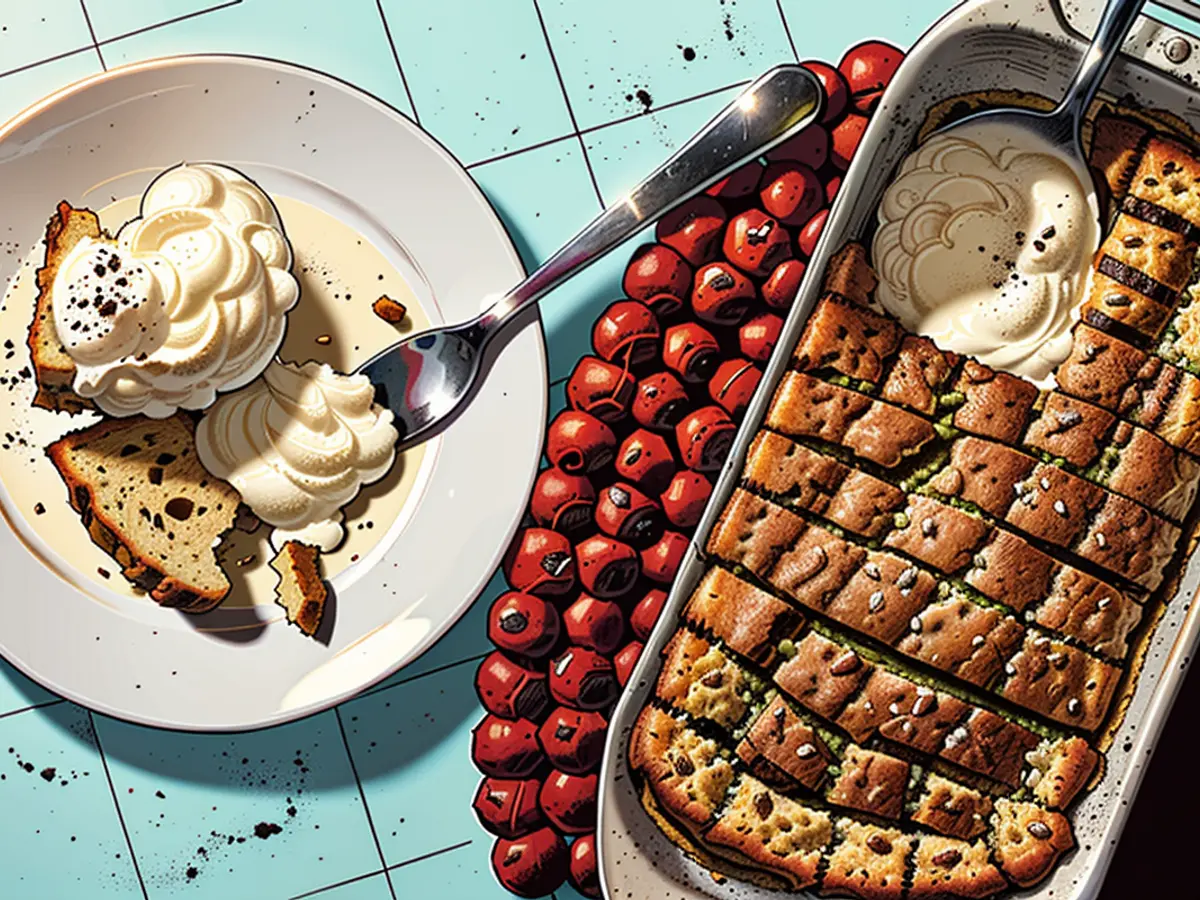Recent research reveals - Incredible Benefits of Incorporating Vegetables into Your Morning Meal
Ever since ancient times, there has been an ongoing discussion about whether breakfast is the most crucial meal of the day. But these days, more attention is being paid to the types of foods that should be consumed to kick-start the day on the right foot. As per a recent study published in "The Times," munching on certain food items can result in a lower and healthier blood sugar level.
Specifically, this means: If you begin your day with fiber-packed veggies,Protein or fat,followed by carbs like bread, rice, or noodles, you're likely to live a healthier lifestyle. The reason behind this is that the fiber in your appetizers dulls hunger hormones throughout the day and may even aid in losing weight.
However, that doesn't mean carbs are entirely bad for you. They're the primary source of energy for the central nervous system. They also provide the fiber required for digestion and lowering cholesterol levels. But avoid processed carbs such as french fries, as they're not so good for your health. Instead, opt for natural fruits, lentils, and beans, which are complete with healthy carbs that feed your brain and muscles.
How about the rest of the day? Too many carbs can be harmful in the long run
Loading up on an excessive amount of carbs on a long-term basis can potentially lead to health issues. The sugar level in your blood, also referred to as glucose, can surpass the recommended range, and cells stop responding to insulin - the hormone that normally alerts cells to take up glucose for energy production. This state, called insulin resistance, causes blood sugar to build up in the blood, a common symptom of diabetes.
So, how do veggies regulate blood sugar levels? When you consume veggies first, the fiber acts as a sieve in the intestines, according to "Time." As soon as carbs enter the picture, the sieve blocks them from entering the bloodstream all at once, allowing glucose to reach the bloodstream gradually. This absorption process requires less insulin, which in turn, makes things easier for your pancreas. Dr. Alpana Shukla, a research professor at Weill Cornell Medicine in New York City, mentions, "The overall research findings indicate that the order of meals reduces the spike in blood sugar levels after a meal."
"Vinegar - a heavenly helper"
Dagmar von Cramm, a nutrition expert, concurs with the study's results: "It's quite clear that many fibers and filling substances reduce the peak. In addition, acid also helps. So, having salad with vinaigrette beforehand is always a wise choice." For breakfast, however, Cramm takes a more lenient approach: "If it's coupled with lots of nuts, whole grain cereal, yogurt, and fresh fruits - none of which contain added sugar. This is drastically different from the standard cereals."
To wrap it up, moderate your carb intake, indulge in veggies, and why not try grapefruit for breakfast?
Read also:
- New studies suggest that incorporating vegetables into your breakfast, such as fiber-rich spinach or bell peppers, along with protein or fat sources like eggs or avocado, can help regulate blood sugar levels throughout the day.
- Instead of loading up on pancakes made with refined flour and sugar for breakfast, consider swapping them out for whole grain pancakes topped with fresh fruit and a drizzle of honey for a healthier carbohydrate option.
- According to recent studies, consuming vegetables before carbs like bread or rice at breakfast can help ensure a gradual absorption of glucose into the bloodstream, reducing the spike in blood sugar levels and making it easier for your pancreas to function.
- To maintain a balanced breakfast that includes vegetables, protein, and healthy carbohydrates, try experimenting with omelets loaded with vegetables, sautéed spinach, or scrambled tofu on top of a slice of whole grain bread for a satisfying and nutritious start to the day.








